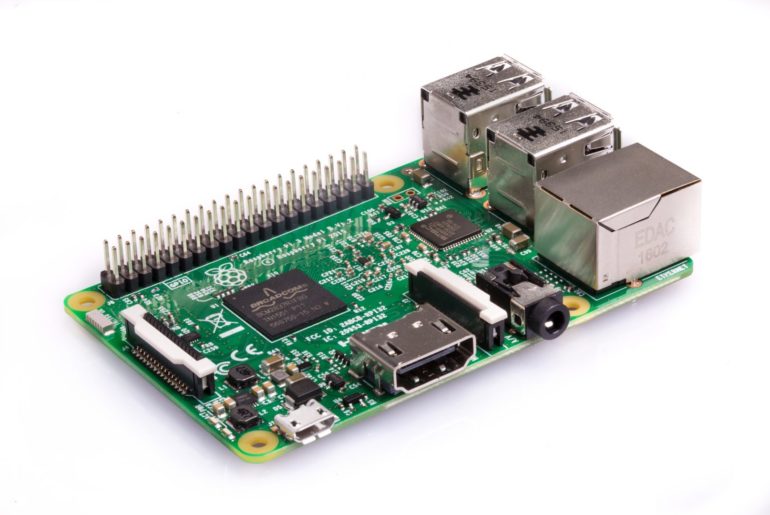I am mostly just writing this down as a reference for my future self. I recently got a Dell XPS 13 9310 “developer edition” laptop, which came preinstalled with Ubuntu Focal. Since I know all the hardware is Linux compatible I installed Arch. The laptop ships with a NVME HDD and is configured for UEFI booting, so that’s what is represented here. This is largely copied from this existing gist and most of the credit for figuring all of this out is due to Mohammad Javad Naderi. Disable Secure Boot My laptop came with secure boot turned on, but this won’t work with Arch. Boot the laptop while hitting the F2 key until it shows that you’re going into the BIOS setup. Once you’re in there, find the area for secure boot, turn it off, hit the button to apply changes, and finally hit OK to exit. Prepare a USB…
Cross Compiling Node.js for ARM on Ubuntu
Node.js is available for many different operating systems and architectures. We can run it on our Macbooks locally, on full server grade systems, and on IoT devices with ease. The Node Foundation publishes binary tarballs for a broad spectrum of target platforms. Over at NodeSource we package those builds up for Linux to make them easy to install. However, building Node.js for architectures other than Intel x86 or x64 can be very time-consuming. A clean build of a release from the 10.x line on a Raspberry Pi 3 takes around five hours. It would be nicer if we could cross compile from a beefy Intel machine with the target being the ARM chips that are used in the Raspberry Pi. This is possible, but not as easy as I would have thought when using a recent 64bit Ubuntu system. I spent the better part of my Friday night figuring out exactly how to do it, so I thought I’d share what I learned so you don’t have to jump through all of the hoops I did.
Replacing telnet on OS X High Sierra
For some rather inexplicable reason, Apple decided to remove the telnet utility on OS X High Sierra. At first I thought I must have just been going crazy when it disappeared, but a quick Google showed me that yes, this really happened.
Ridiculous.
Paul Ford’s “What is Code”
Truly great article from Paul ford in Bloomberg that explains What is Code? for non-technical audiences. Long read but really, really worth it.
Joining Forces With NodeSource
If you’re reading this blog, then there’s a good chance that you make use of my PPA for Node.js. I started making Node packages several years ago because I wanted there to be a consistent way for people to install up-to-date versions of Node on their machines. Not too long ago, Dan Shaw reached out to me to ask if there was anything he could do to help with the PPAs and give back to the effort. I had been looking for a way to ensure that what I’m doing satisfies the needs of Node developers, and also to make sure the project continues to receive the support it needs. We talked about how best to make this happen and decided to move things over to NodeSource from Launchpad. Here’s why.
